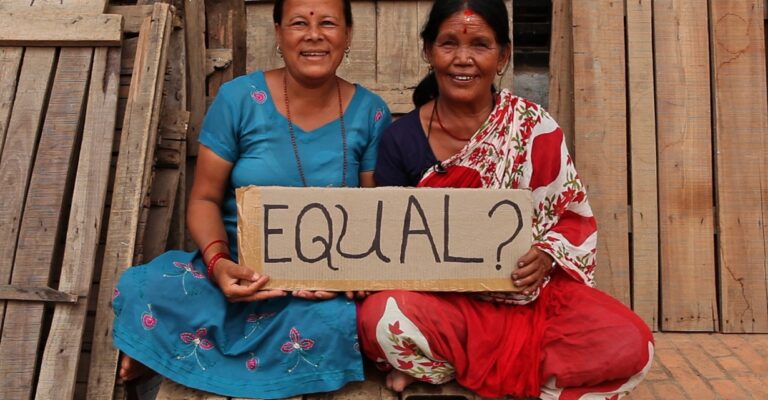
A new report ‘Women, Business and the Law 2021’ by World Bank says that women are more likely to work in health care, unpaid care, and domestic work, making them more susceptible to the consequences of the COVID-19 pandemic.
The report highlights that women still earn less than men for equally valued jobs, bear more of the childcare burden, and face a higher risk of violence in their homes. The pandemic has widened the gender gap in labor force participation, risking decades of progress for women as workers and entrepreneurs.
It also states the differences between countries and regions and charts changes in gender equality over time and shows that women still face legal gender discrimination across multiple domains.
The level of legal discrimination is particularly onerous in some highly populated countries, restricting economic opportunities for a very large number of women, the report says.
On average, women have just three-quarters of the legal rights afforded to men.
This matters because better performance in the areas measured by the Women, Business and the Law index is associated with a narrower gender gap in development outcomes, more female policy makers, higher female labor force participation, and lower vulnerable employment. A legal environment that encourages women’s economic inclusion can also make them less vulnerable in the face of a crisis.
“Women need to be fully included in economies in order to achieve better development outcomes,” a press release issued by the World Bank Group quotes its President David Malpass as saying.
“Despite progress in many countries, there have been troubling reversals in a few, including restricting women’s travel without the permission of a male guardian.”
“This pandemic has exacerbated existing inequalities that disadvantage girls and women, including barriers to attend school and maintain jobs. Women are also facing a rise in domestic violence and health and safety challenges. Women should have the same access to finance and the same rights to inheritance as men and must be at the centre of our efforts toward an inclusive and resilient recovery from the COVID-19 pandemic.”
The report says that ‘Women, Business and the Law 2021’ has measured the laws and regulations across eight areas that affect women’s economic opportunities in 190 countries, covering the period from September 2019 to October 2020.
“From the basics of movement in the community to the challenges of working, parenting, and retiring, the data offers objective and measurable benchmarks for global progress toward gender equality. Following the outbreak of the pandemic, this report has also looked at government responses to the COVID-19 crisis and how the pandemic has impacted women at work and at home, focusing on childcare, access to justice, and health and safety,” it reads.
The report has concluded that many governments have put in place measures to address some of the impacts of the pandemic on working women. For example, less than a quarter of all economies surveyed in the report legally guaranteed employed parents any time off for childcare before the pandemic.
Since then, in light of school closures, nearly an additional 40 economies around the world have introduced leave or benefit policies to help parents with childcare. Even so, these measures are likely insufficient to address the challenges many working mothers already face, or the childcare crisis.
“The pandemic has also contributed to a rise in both the severity and frequency of gender-based violence. Preliminary research shows that since early 2020, governments introduced about 120 new measures including hotlines, psychological assistance, and shelters to protect women from violence.”
Reforming laws toward gender equality must be a priority as governments look to recover from COVID-19, said World Bank Country Director for Nepal, Faris H. Hadad-Zervos.






